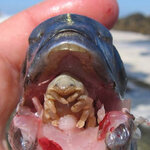
The history of Jaipur goes back to 1150 A.D. when Amber was wrested from Meena chief of Susawat clan by the Kakil Dev, son of the Dhula Rai of Dausa. Dhula Rai was Kachhawa Rajput belonging to Gwalior Royal family. He was first Kachhawa Prince who entered in Rajasthan. He married Morani, Sister of Prithviraj Chauhan (the last chivalrous Hindu King of Delhi). Ralhansi (Father of Morani) was the only Chauhan Rajput Chief in this area. The Badgujars (Other powerful family of this area) treated him with disregard and he felt that his position was not secure. In order to seek the support of a…
